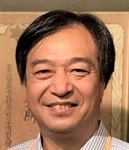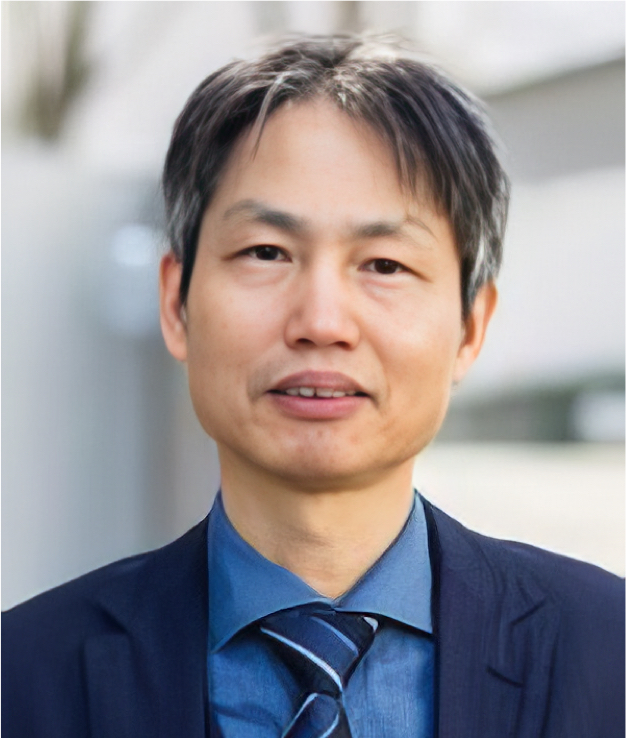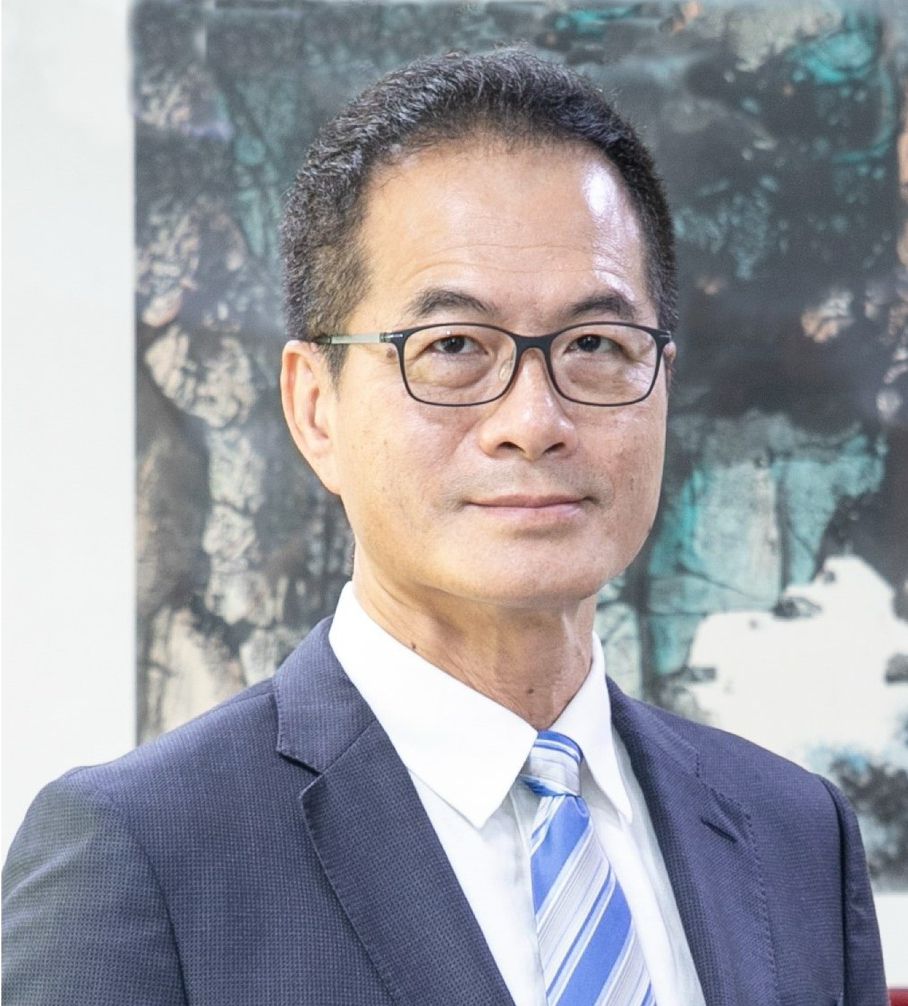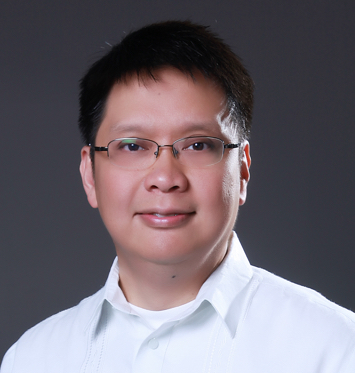The Panel on Challenges for Generative AI and Hyper Intelligence
Panel Time: 15:10-17:00 p.m. PHT (UTC+8), November 5, 2024
Panel Chair:
Jianhua Ma, Faculty of Computer and Information Sciences, Hosei University, Japan
Panel Speakers:
Qun Jin, Department of Human Informatics and Cognitive Sciences and Faculty of Human Sciences, Waseda University, Japan
Hui-Huang Hsu, Department of Computer Science and Information Engineering, Tamkang University, Taiwan
John Paul C. Vergara, Department of Information Systems and Computer Science, Ateneo de Manila University, Philippines
Claudio Miceli, Graduate Program in Systems Engineering and Computer Science, Federal University of Rio de Janeiro, Brazil
Antonio Guerrieri, Institute for High-Performance Computing and Networking, National Research Council of Italy, Italy
Chuan-Yu Chang, Department of Computer Science and Information Engineering, National Yunlin University of Science and Technology, Taiwan
Panel Secretary:
Ao Guo, Graduate School of Informatics, Nagoya University, Japan

Jianhua Ma, Professor
Hosei University, Japan
Biography: Jianhua Ma is a professor in the Faculty of Computer and Information Sciences and a director in the Institute of Integrated Science and Technology (IIST), Hosei University, Japan. He is one of pioneers in research on Hyper World and Cyber World (CW) since 1996. He first proposed Ubiquitous Intelligence (UI) towards Smart World (SW), which he envisioned in 2004, and was featured in the European ID People Magazine in 2005. He has conducted several unique CW-related projects including the Cyber Individual (Cyber-I), which was highlighted on the IEEE Computing Now in 2011. He has founded IEEE Conferences on Ubiquitous Intelligence and Computing (UIC), Pervasive Intelligence and Computing (PICom), Cyber Physical and Social Computing (CPSCom), Internet of Things (iThings), and Internet of People (IoP). He is a chair of IEEE SC Technical Committee on Hyper-Intelligence, a co-chair of IEEE SMC Technical Committee on Cybermatics, and a founder of IEEE CIS Technical Committee on Smart World.

Qun Jin, Professor
Waseda University, Japan
Biography: Qun Jin is a professor in the Department of Human Informatics and Cognitive Sciences, Faculty of Human Sciences, Waseda University, Japan. He has been extensively engaged in research works in the fields of computer science, information systems, and human informatics, with a focus on understanding and supporting humans through convergent research. His recent research interests cover behavior and cognitive informatics, artificial intelligence and machine learning, big data, personal analytics and individual modeling, trustworthy platforms for data federation, sharing, and utilization, cyber-physical-social systems, and applications in healthcare and learning support and for the realization of a carbon-neutral society. More information can be found at https://researchmap.jp/jinqun/?lang=en.

Hui-Huang Hsu, Professor
Tamkang University, Taiwan
Biography: Hui-Huang Hsu is a Professor in the Department of Computer Science and Information Engineering at Tamkang University in Taipei, Taiwan. Since August 2022, he has also served as the Vice President for Academic Affairs. From February 2017 to January 2019, he was the President of the Taiwanese Association for Artificial Intelligence (TAAI). He co-edited the book "Big Data Analytics for Sensor-Network Collected Intelligence," published by Elsevier in February 2017. With over 30 years of experience, his research interests include machine learning, data mining, ambient intelligence, biomedical informatics, and multimedia processing.

John Paul C. Vergara, Professor
Ateneo de Manila University, Philippines
Biography: John Paul Vergara is a Professor in the Department of Information Systems and Computer Science at the Ateneo de Manila University, where he also served as Vice President from 2010-2016 and 2019-2022, overseeing its higher education units. His research interests are in theoretical computer science, algorithms, graph theory, and artificial intelligence. He is currently a research fellow under the University of the Philippines President Eduardo J. Angara (UP PEJA) fellowship program working on a policy framework for higher education in response to developments in generative artificial intelligence.

Claudio Miceli, Associate Professor
Federal University of Rio de Janeiro, Brazil
Biography: Claudio Miceli de Farias graduated in Computer Science (2008), and holds a master's degree (2010) and a PhD (2014) in Computer Science from the Federal University of Rio de Janeiro. He was chosen by MCTI to represent Brazil at the BRICS Young Scientists Forum in the area of Cyber-Physical Systems (2021). The professor was also awarded the Young Scientist of our state scholarship by FAPERJ. Currently, the aforementioned professor works in the Graduate Program in Systems Engineering and Computer Science (PESC-COPPE-UFRJ) and at the Tércio Pacitti Institute for Computer Research and Applications at UFRJ. In 2022, the aforementioned professor won the IEEE Hype-Intelligence Workgroup Middle Career Researcher Award for his contributions to the area. The professor's main topics of interest are smart cities, the Internet of Things, Data Fusion, and Security.

Antonio Guerrieri, Researcher
ICAR-CNR, Italy
Biography: Antonio Guerrieri is currently a researcher at ICAR-CNR (National Research Council of Italy, Institute for High-Performance Computing and Networking). He previously served as a researcher at the Telecom Italia WSN Lab in Berkeley, California, and at the Clarity Centre, UCD (University College Dublin), Ireland. Dr. Guerrieri has been involved in several research projects and co-founded SenSysCal S.r.l., a University of Calabria (UNICAL) spinoff focused on innovative IoT systems. His research interests include wireless sensor and actuator networks, building monitoring and control, smart objects, smart and cognitive environments, and the Internet of Things. He has co-authored over 100 papers in international journals, conferences, and books. He is an Associate Editor of IEEE Transactions on Human-Machine Systems (THMS) and serves on the editorial boards of journals such as IoT, Cybersecurity and Privacy, Engineering Proceedings, Sensors, and Wireless Communications and Mobile Computing. He is an adjunct professor at the DIMES department at UNICAL. More information can be found at https://staff.icar.cnr.it/guerrieri/wordpress/.

Chuan-Yu Chang, Professor
National Yunlin University of Science and Technology, Taiwan
Biography: Chuan-Yu Chang(張傳育) (IET Fellow, IEEE Senior Member) received the Ph.D. degree in electrical engineering from National Cheng Kung University, Tainan, Taiwan, in 2000. He is a Distinguished Professor in the Department of Computer Science and Information Engineering at National Yunlin University of Science and Technology (YunTech) and also serves as the Chief Digital Officer of the Service Systems Technology Center at Industrial Technology Research Institute (ITRI). In the past, he has served as the Chair of the Department of Computer Science and Information Engineering and held the positions of the Dean of Research and Development and Director of the Incubation Center for Academia-Industry Collaboration and Intellectual Property at YunTech. He also held the position of Deputy General Director of the Service Systems Technology Center at the Industrial Technology Research Institute (ITRI), Taiwan. Additionally, he served as President of the Chinese Image Processing and Pattern Recognition Society (IPPR). Dr. Chang’s current research interests include neural networks and their application to medical image processing, digital watermarking, automated optical inspection, and pattern recognition. He has authored or coauthored more than 300 publications in journals and conference proceedings in these areas. Dr. Chang has held leadership roles in various conferences and societies, receiving several awards for his contributions to industry-academia cooperation and engineering. For example, he received the National Award for Distinguished Contribution to Industry-Academia Cooperation from Ministry of Education, and the Distinguished Engineering Professor Award from the Chinese Institute of Engineers.